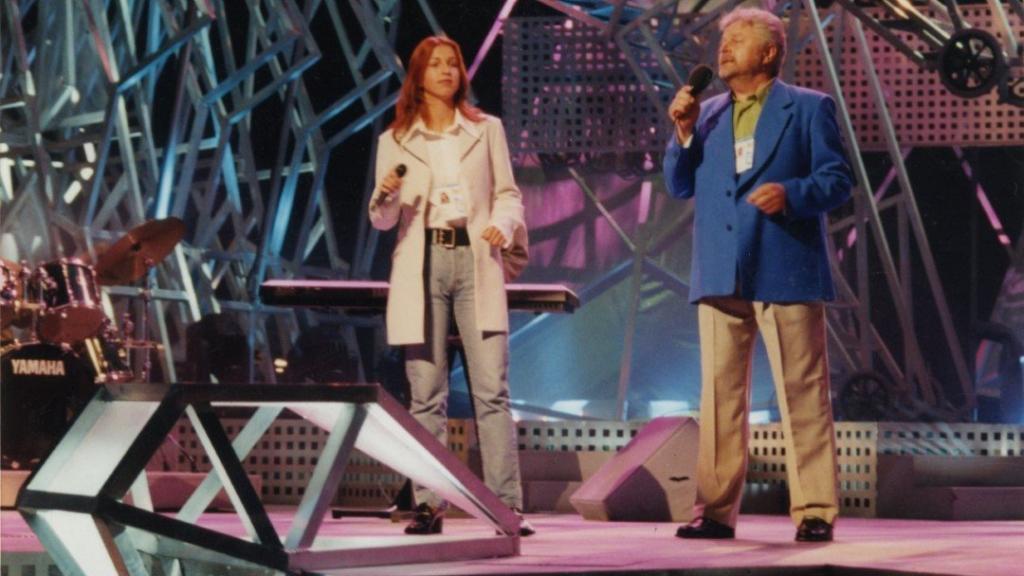Estonian World asked the members of the country’s gay community to nominate their all-time favourite Estonian Eurovision finalists and these are the results.
Estonia has participated in the Eurovision Song Contest since 1993; in 1994, the country made its debut in the contest’s final. The country won the contest once – in 2001, when Tanel Padar, Dave Benton & 2XL scored a total of 198 points with the song “Everybody”, written by Ivar Must and Maian-Anna Kärmas. This made Estonia the first formerly Soviet-occupied country to win the contest.
The Eurovision Song Contest has long been embraced by the gay, lesbian and transgender people and so, Estonian World asked members of Estonia’s LGBT+ community to pick their all-time favourite Estonian Eurovision finalists.
Here are the top five songs.
Maarja-Liis Ilus and Ivo Linna – “Kaelakee hääl” (1996)
“Kaelakee hääl” (“Voice of A Necklace”) represented Estonia in the Eurovision Song Contest 1996.
The composer was Priit Pajusaar and the lyrics were written by Kaari Sillamaa. The song is a love duet with the singers expressing their heartache at not being able to be with each other all the time. Ilus sings about giving Linna a necklace, from which he can hear her voice even if she is far away.
The song achieved 5th place in the final – the performance was the first occasion on which a state previously annexed by the Soviet Union had placed in the top 5.
Silvi Vrait – “Nagu merelaine” (1994)
“Nagu merelaine” (“Like A Sea Wave”) was the Estonian entry in the Eurovision Song Contest 1994. It was the first time Estonia participated in the contest’s final – and the song memorably failed at the contest, receiving just two points (both from Greece) and placing 24th out of 25. However, the song has won over countless hearts and souls since then and has stood the test of time.
The lyrics were written by Leelo Tungal, a well-known Estonian poet and a writer of children’s books. The composer was Ivar Must, who also composed “Everybody”, Estonia’s winning entry in 2001. The song is sung from the perspective of a woman explaining herself to a lover. She likens herself to a wave in an extended metaphor, explaining that she will only love him on her terms.
Maarja-Liis Ilus – “Keelatud maa” (1997)
“Keelatud maa” (“The Forbidden land”) was the Estonian entry in the Eurovision Song Contest 1997 and achieved the eighth place in the final.
The song, composed by Harmo Kallaste with lyrics written by Kaari Sillamaa, is sung from the perspective of a woman whose lover is putting barriers in her way when it comes to their relationship. She compares this to being in a “forbidden land” but tells him that it won’t remain so forever.
Urban Symphony – “Rändajad” (2009)
“Rändajad” (“The Nomads”) was composed by Sven Lõhmus, a well-known songwriter in Estonia, and represented the country at the Eurovision Song Contest 2009. In the final, the song finished in sixth place.
The song tells a story of never-ending nomadic journeys through the desert. “Rändajad” was the first ever song in Estonian to chart in the UK singles chart, at 117.
Elina Born and Stig Rästa – “Goodbye to Yesterday” (2015)
The love song, written and composed by Stig Rästa, represented Estonia at the Eurovision Song Contest 2015, finishing in the seventh place.
Cover: Maarja-Liis Ilus and Ivo Linna performing “Kaelakee hääl” in 1996.

